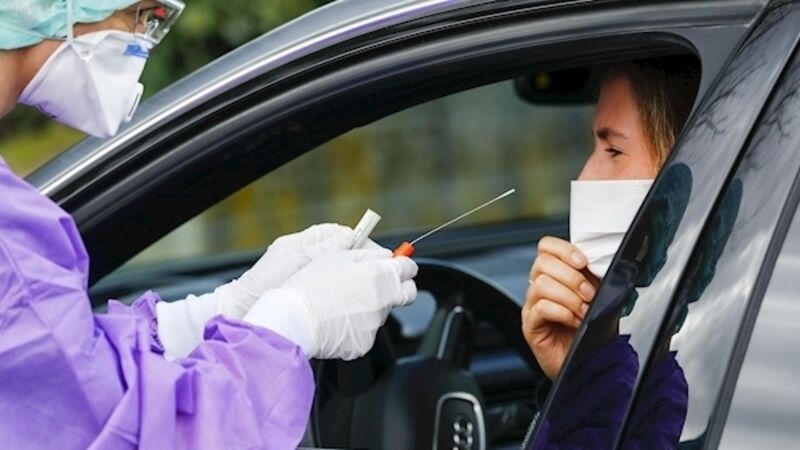Covid-19 contact tracing to be widened

Significant global issues have impacted the speed of testing for Coronavirus in Ireland, a member of the National Public Health Emergency Team (NPHET) has said.
Dr Cillian De Gascun made the comments as it was confirmed that another 14 people have died from the illness in Ireland, taking the overall death toll to 85.













